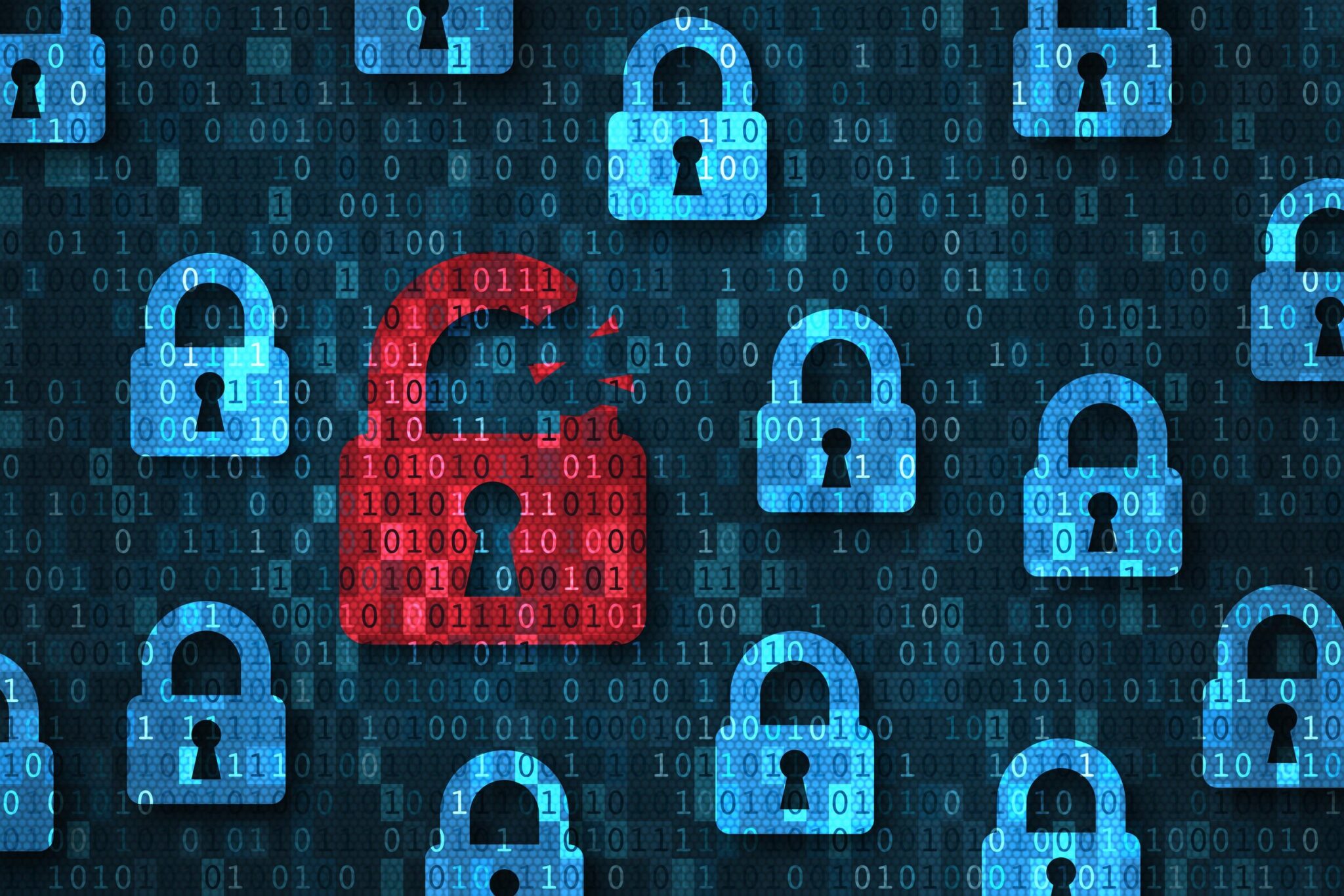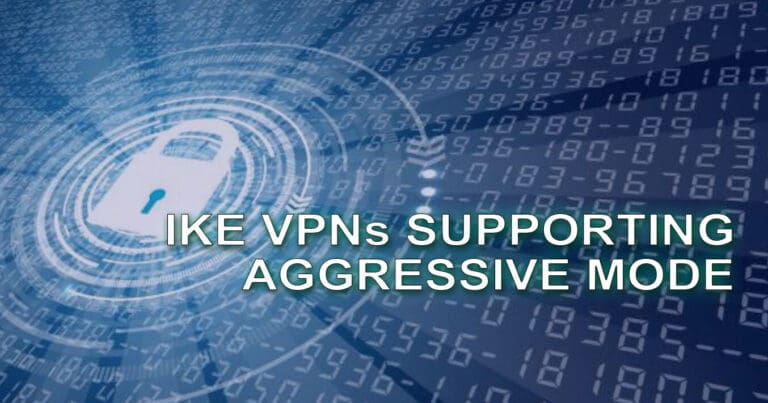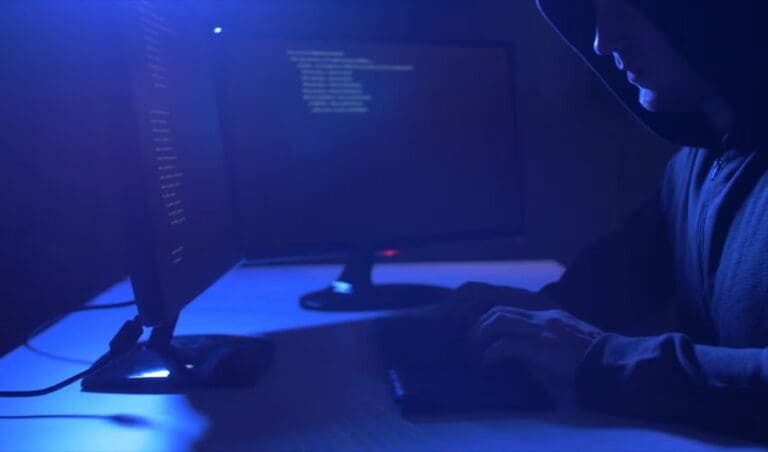Celebrate National Cybersecurity Awareness Month Through Security
Each October the NICCS (National Initiative For Cybersecurity Careers And Studies) leads National Cybersecurity Awareness Month (NCSAM) . This year the focus is on personal accountability and taking proactive steps both at home and at work. Raxis is joining in the fun by offering tips that we all can try at home and in the workplace (or school), no matter our age or what we do.
Computer & Smart Phone Basics
These tips are the same ones you’ve been hearing for years, but it’s always good to have a reminder.
Apply updates to your devices. The IT department at your office is likely handling this there, but it doesn’t hurt to check and be sure your operating systems and software are running current, patched versions. This is also important for your personal devices. Watch for notifications that it’s time to update your operating system and keep software that you buy up to date. Almost all software has a place (Updates, Preferences, Settings) where you can check to see if you are on the current version. Most vendors watch for security news and provide patches and updates as soon as they fix issues. And don’t forget smart devices, such as phones, tablets and household products like cameras and lighting systems. Such devices can be easy to overlook, and hackers often focus on them because they know that.
Set passwords/passcodes on your computers and smart devices. Your kids may “hack” your phones by entering the passcode that you’ve told them and posting amusing Instagram photos, but, when you misplace your phone while out, you will appreciate setting that passcode so that a stranger doesn’t have access to your private information including sending texts, reading your emails, or erasing your phone for their own use. The same applies to computers. Step away for a few moments, and you don’t know if someone has stopped by to look at your private downloads or browser history.
Use strong passwords. While on the topic of passwords, please don’t use 12345 or Password1. It’s often tempting to set easy passwords or the same password for every login to save time and make passwords easier to remember. Hackers count on that. Some websites allowed hackers to guess many passwords until they find the right one, and, once they have it, they may try it to login to your other accounts or even sell the password to other people. Raxis gives tips on setting passwords that are easy to remember but hard for others to guess here: The Weakest Link in the Password Hash.
WiFi Networks
Nowadays all sorts of places from coffee shops to hotels have free WiFi guest networks. It’s convenient to join these, and you can do that safely if you follow a few rules. While connected to these networks, there is a chance that a hacker could be watching your internet traffic, including passwords as you login to sites and private information that you enter in websites or upload to the cloud. If you’re logging in to check a score or find the closest pizza parlor, there’s probably nothing for a hacker to steal. But if you plan to stay on the WiFi network for a while or do anything that may be private, Raxis advises you use a VPN tool such as Private Internet Access (PIA) while connected to the guest WiFi network. Tools such as PIA have apps for your phones and tablets as well as software for your computer, and they often charge a low monthly or annual fee so that you can use the service at any time. Once you connect to the guest WiFi network, start PIA, and it will encrypt your internet traffic so that an attacker attempting to watch your secure data only sees gibberish.
Setting up a home WiFi network. When setting up your WiFi network at home, either through tools from your local cable, phone or satellite service, or with your own wireless router, be sure to set a strong password (see above) on the administrative webpage where you set up the WiFi network. Though these sites appear to be personal for your home, the signal often travels outside and to neighbors’ houses. If you leave the site with no password or an easily guessable password, someone nearby could change your settings. Raxis also advises that you set a password to join your home wireless network. Though you’ll likely share this with friends and family, it makes it harder for someone nearby to join without you knowing.
Use WPA2. Your router setup likely has several options for the wireless security protocol and sometimes defaults to a weak protocol. The WEP and WPA protocols are about 20 years old, and exploits are easily available on the internet. Several varieties of WPA2 are available on most routers, and any of these should work well for a home network.
Social Engineering & Phishing
Many hackers and thieves look for a simpler way to get the information and access they want.
Email, fax and phone (calls & texts) phishing campaigns have become very realistic and are often difficult to distinguish from legitimate messages. Hackers can steal your information by talking you into telling them, tricking you into entering your private information, such as credentials, on their malicious webpage, or even automatically stealing credentials or infecting your computer when you open a link that they send you. At Raxis we advise our customers to stop and think before acting. Many companies, such as banks and stores, provide contact numbers and forms that you can call to confirm the information.
It may seem brazen, but the easiest way to get access to businesses, apartment buildings, or other shared spaces, is to act like you belong and see if someone lets you in. Once inside, it’s often rare for people to confront others about whether they belong there. Raxis recommends not holding locked doors for people you don’t know as well as keeping confidential information and keys hidden in case someone does gain access. If someone appears suspicious to you, you don’t have to confront them. Let a security guard, receptionist, or someone in authority know.
The most important thing to remember is, to quote the Department of Homeland Security, “If you see something, say something.” This is the case whether at work or at home. Check with your manager or IT department or check with your neighborhood watch or HOA. If you are not sure about an email from your bank, contact them about it; if it’s a scam, they may want to inform other customers. If you see someone acting suspiciously, report it or ask around.
Raxis provides more information in the following series of blog posts:
- Phishing Emails – Social Engineering
- Voice Phishing – Social Engineering
- Tailgating & Other Physical SE –Social Engineering
Stay Safe & Secure Out There!
As the holiday season gets closer, focusing on cybersecurity is not just for the month of October. When we focus on security in our daily lives, we can work together to make things more difficult for hackers and thieves. Let’s all do our part





![Voice Phishing - Social Engineering[Part 2]](https://raxis.com/wp-content/uploads/2023/05/img-12-1-768x403.webp)
